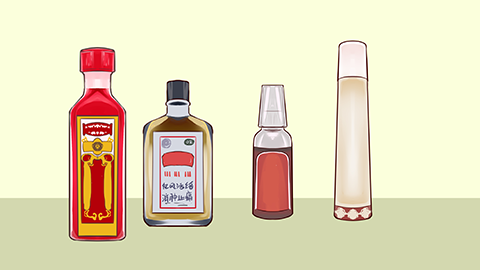What should I do if a child has ingested red flower oil?
If a child drinks safflower oil, immediately stop their intake, induce vomiting promptly, bring the safflower oil bottle to a hospital as soon as possible, closely monitor the child's condition, and avoid administering any medications on your own. If the child develops symptoms such as vomiting, abdominal pain, or altered consciousness, seek emergency medical care at a hospital immediately.

1. Immediately stop intake: Once you discover that a child has ingested safflower oil, prevent them from swallowing any further. If there is still residue in their mouth, ask the child to spit it out to minimize the amount entering the gastrointestinal tract and reduce absorption.
2. Promptly induce vomiting: If the child is conscious, not experiencing seizures, and ingestion occurred recently, have them drink a moderate amount of warm water, then gently touch the back of the tongue with a finger to stimulate vomiting. This helps expel residual safflower oil from the stomach. Do not induce vomiting if the child is in poor condition.
3. Seek medical help quickly with the safflower oil container: Bring the original safflower oil packaging or instruction leaflet to the hospital so doctors can quickly identify the ingredients and dosage, accurately assess the situation, and develop an appropriate treatment plan—avoiding delays due to incomplete information.
4. Closely monitor the child’s condition: During transport to the hospital and while awaiting treatment, continuously observe whether the child develops symptoms such as vomiting, diarrhea, abdominal pain, dizziness, seizures, or confusion. Report these promptly to medical staff to assist in diagnosis and treatment.
5. Avoid self-administered medication: Do not give the child any anti-diarrheal, anti-emetic, or other medications, as they may interact with safflower oil, increase bodily stress, mask symptoms, and interfere with the doctor’s accurate assessment of the condition.
For daily care, store topical medications like safflower oil out of children's reach, preferably in high cabinets. After medical treatment, follow the doctor’s instructions regarding dietary adjustments, focusing on light, easily digestible foods. Monitor the child’s mental state and appetite closely to ensure gradual recovery.




